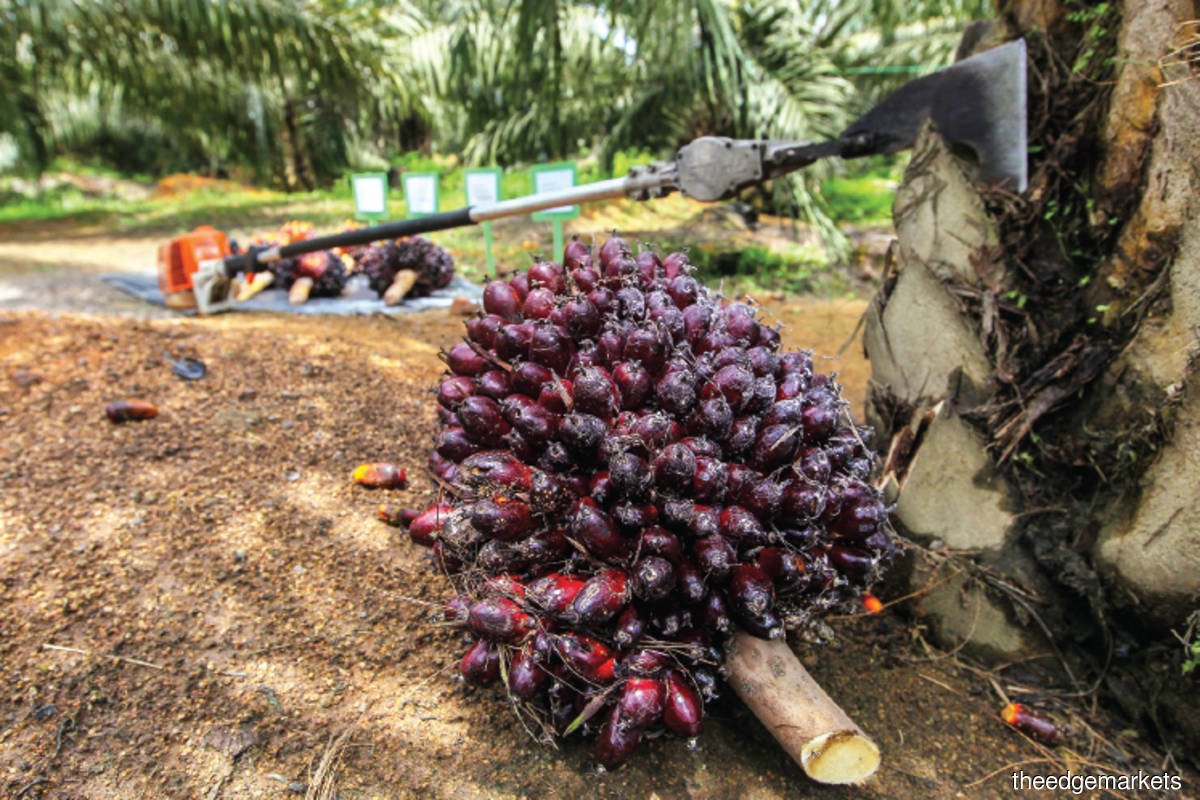Indonesia Simplifies Palm Oil Rejuvenation Rules, Boosting Smallholder Productivity and Sustainability

The Indonesian Ministry of Agriculture has taken a significant step towards enhancing the country’s palm oil industry by streamlining the rules and requirements for smallholder palm oil rejuvenation. This initiative, spearheaded by Andi Nur Alamsyah, the ministry’s director general for plantations, aims to publish new, simplified regulations within the next two months. The move is designed to facilitate easier access to rejuvenation programs for smallholders, thereby improving productivity and sustainability within the sector.
The current regulations, encapsulated by the Agriculture Minister’s Regulation No.3/2022 and Regulation No.19/2023, are being revised to optimize the accelerated program for the rejuvenation of smallholder oil palm plantations. This includes providing a legal framework for forest areas and planting rights. The simplification process has involved collaboration between various government ministries, including the Ministry of Environment and Forestry and the Directorate General of Plantations. The anticipated result is a single, streamlined process for verifying land and ownership requirements, significantly reducing the bureaucratic hurdles for smallholder farmers.
One of the innovative aspects of the new regulation is the introduction of a barcode system for infrastructure and facility funding. This system is expected to eliminate repetitive verification processes, thereby saving time and resources for both the government and smallholders. Andi Nur Alamsyah highlighted that this move aligns with the Ministry of Agriculture’s pro-people approach, ensuring that the rejuvenation efforts not only enhance production and quality but also remain accessible and affordable for the smallholder farmers at the heart of Indonesia’s palm oil industry.
The simplification of regulations represents a promising development for Indonesia’s palm oil sector. By making it easier for smallholders to participate in rejuvenation programs, the government is laying the groundwork for a more productive, sustainable, and competitive industry. This initiative not only supports the livelihoods of thousands of smallholder farmers across the country but also contributes to the global competitiveness of Indonesia’s palm oil market. As these new regulations come into effect, the sector looks forward to a period of enhanced growth and environmental stewardship.
Read also
Wheat in Southern Brazil Impacted by Dry Weather and Frosts
Oilseed Industry. Leaders and Strategies in the Times of a Great Change
Black Sea & Danube Region: Oilseed and Vegoil Markets Within Ongoing Transfor...
Serbia. The drought will cause extremely high losses for farmers this year
2023/24 Safrinha Corn in Brazil 91% Harvested
Write to us
Our manager will contact you soon



